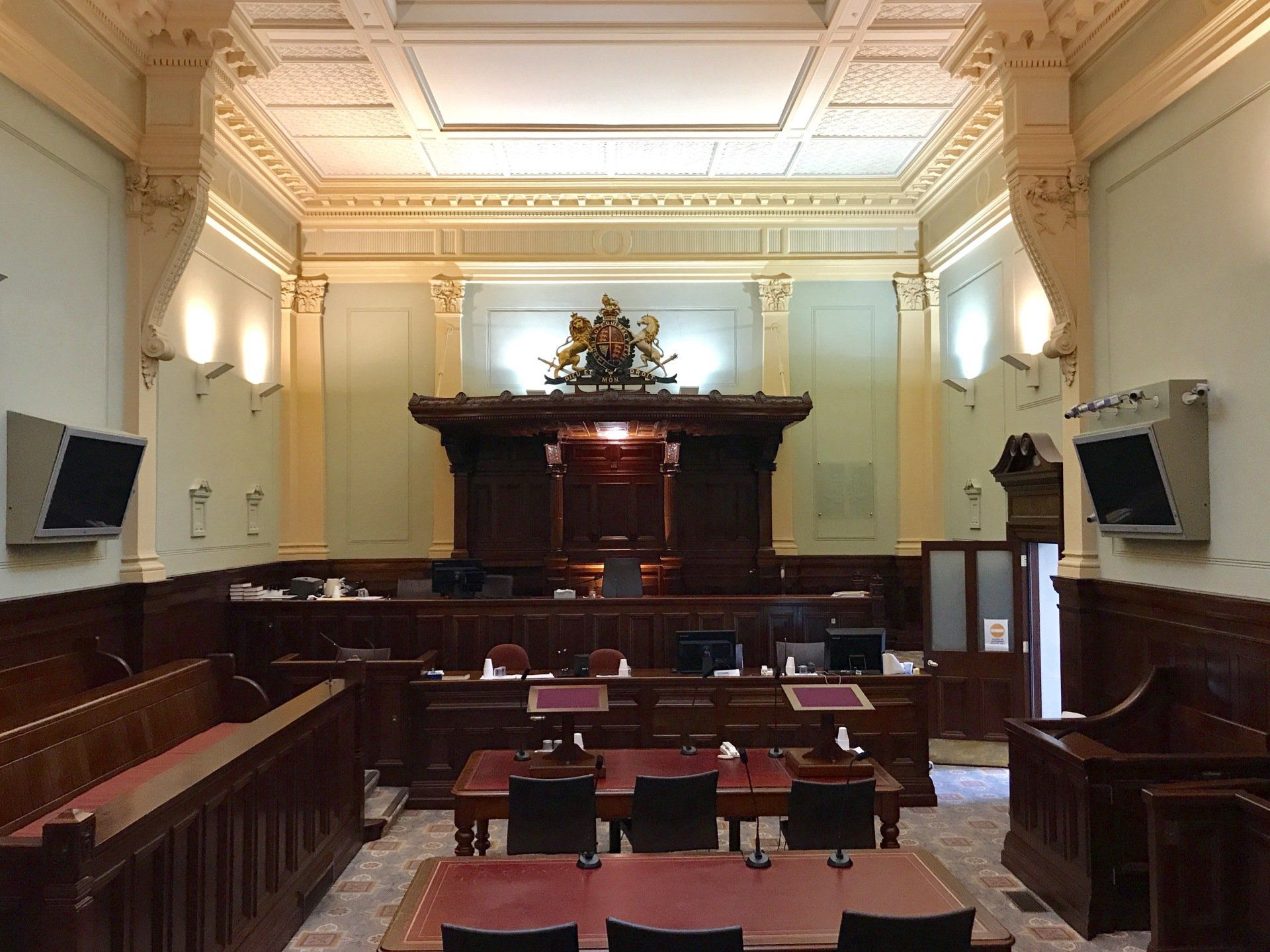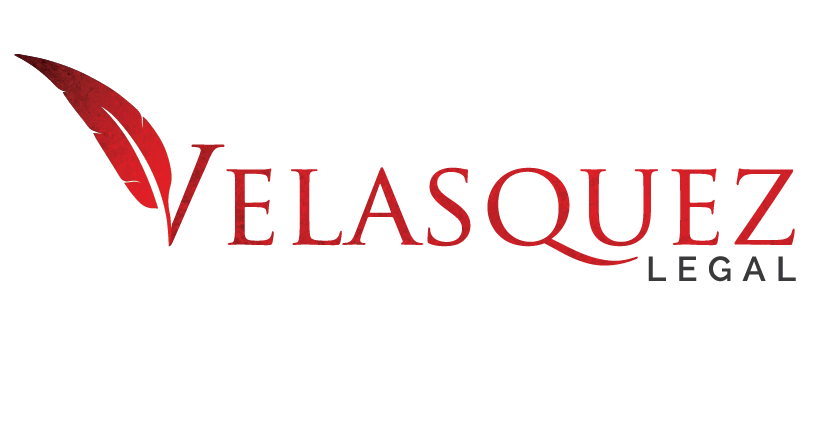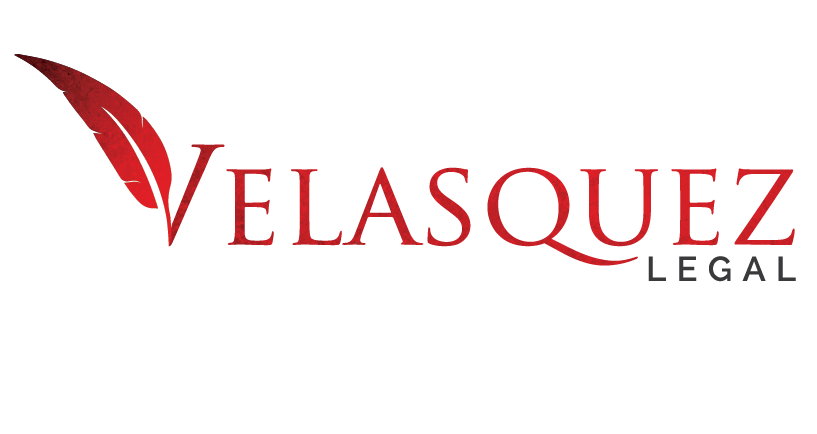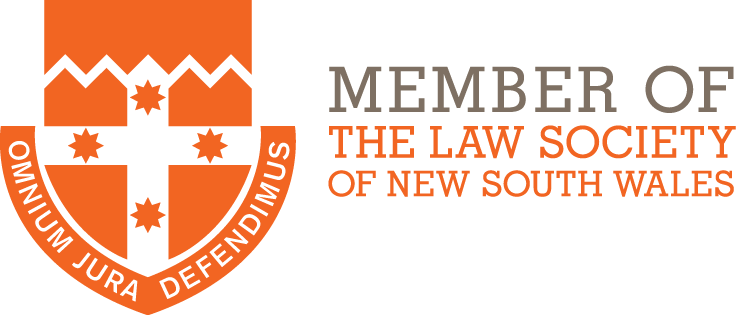Jury Duty - A Guide For Potential Jurors

Most people have never served on a jury before. While some regard it as an honour, others seek to avoid it at all costs. The following is a list of frequently asked jury service questions.
Eligibility and Selection:
The Jury Act of 1977 governs jury duty and jury selection (NSW). In NSW, any criminal proceedings in the Supreme Court or District Court that are to be tried by jury must have a jury of 12 people.
Except for the sheriff, potential jurors are not required to reveal their identities. Throughout the proceedings, jurors will be referred to by numbers assigned to them by the sheriff. The defence has no right to any information about the jurors.
The Sheriff leads a pool of potential jurors into the courtroom when selecting jurors. The trial judge must direct the prosecutor to inform the jury panel members of the nature of the charge, the identity of the accused, and the main witnesses to be called. The judge then requests that members of the panel apply to be excused if they are unable to provide impartial consideration to the case.
The prosecution and defence each have three objections to potential jurors. Such objections are made without the possibility of a juror being questioned. If either the prosecution or the defence object, the juror is immediately excused.
The people listed below have the right to request an exemption from serving on a jury:
- Clergy.
- Vowed members of any religious order.
- Persons practising as dentists.
- Persons practising as pharmacists.
- Persons practising as medical practitioners.
- A person employed or engaged (except on a casual or voluntary basis) in the provision of fire, ambulance, rescue, or other emergency services, whether or not in the public sector.
- A person who:
7.1. within the 3 years that end on the date of the person’s claim for exemption, attended court in accordance with a summons and served as a juror, or
7.2. within the 12 months that end on the date of the person’s claim for exemption, attended court in accordance with a summons and who was prepared to, but did not, serve as a juror. - A person who is entitled to be exempted under section 39 on account of previous lengthy jury service.
- A person who resides with, and has the full-time care of, a person who is sick, infirm or disabled.
The following are persons who are excluded from jury service:
Persons having committed certain serious offences excluded from jury service for life
A person is barred from serving on a jury for life if they have been found guilty or convicted of any of the following offences (wherever committed):
- an offence punishable by life imprisonment if committed in New South Wales
- an offence involving a terrorist act within the meaning of the Terrorism (Police Powers) Act 2002
- an offence under Part 7 (Public justice offences) of the Crimes Act 1900
- a sexual offence within the meaning of Section 7 of the Criminal Records Act 1991
Individuals who are serving or have served a prison sentence
A person is barred from serving on a jury while serving a sentence of imprisonment (in New South Wales or elsewhere) for an offence committed when the person was 18 or older.
A person is barred from serving on a jury if:
- for 7 years following a sentence or sentences of imprisonment of less than 3 months, or
- for 10 years following a sentence or sentences of imprisonment of 3 months or more.
Persons who are Australian lawyers
A person who is an Australian lawyer, whether or not an Australian legal practitioner, is excluded from jury service.
People in positions of authority
Anyone holding any of the following positions is barred from serving on a jury:
- The Governor, a judicial officer (as defined by the Judicial Officers Act 1986)
- a member of the Executive Council
- a member of the Legislative Council or Legislative Assembly, the Ombudsman
- a Deputy Ombudsman, or
- an Assistant Ombudsman are all examples of public servants.
Individuals who have access to information about inmates and other detainees
A person is barred from serving on a jury during any period in which he or she holds the position and has direct access to or information about inmates as a result of holding that position.
Insolvent bankrupts
Any time a person is an undischarged bankrupt, he or she is barred from serving on a jury.
Individuals employed or engaged in specific occupations in the public sector
A paralegal is barred from serving on a jury if he or she is employed or engaged in the public sector in the provision of legal services in criminal cases.
A person is barred from serving on a jury if he or she is employed or engaged as a member of staff in any of the following bodies, with the exception of clerical, administrative, or support staff:
- the Ombudsman's Office
- the Director of Public Prosecutions' Office
- the Crown Solicitor's Office
A person is barred from serving on a jury if he or she is employed or engaged in law enforcement or criminal investigation in any of the following bodies, except if employed or engaged on a casual or voluntary basis or as clerical, administrative, or support staff:
- the NSW Police Force,
- the Australian Federal Police (AFP),
- the NSW Crime Commission,
- the Australian Crime Commission,
- the Law Enforcement Conduct Commission (LECC),
- the Independent Commission Against Corruption (ICAC).
Individuals subject to certain orders and disqualifications, as well as those in custody
A person is barred from serving on a jury during any period during which the person is bound by an order made in New South Wales or elsewhere in connection with or as a result of a criminal charge or conviction, including the following orders:
- an apprehended violence order within the meaning of the Crimes (Domestic and Personal Violence) Act 2007,
- a community service order or an order under section 9, 10 or 11 of the Crimes (Sentencing Procedure) Act 1999,
- an extended supervision order, a continuing detention order, an interim detention order or an emergency detention order under the Crimes (High Risk Offenders) Act 2006,
- a non-association order or place restriction order within the meaning of the Crimes (Sentencing Procedure) Act 1999,
- a prohibition order or contact prohibition order within the meaning of the Child Protection (Offenders Prohibition Orders) Act 2004,
- an order under section 7A of the Drug Court Act 1998,
- an intervention program order within the meaning of the Crimes (Sentencing Procedure) Act 1999.
A person is excluded from jury service during any period in which the person is
- awaiting trial or sentence for an offence or the determination of appeal proceedings in relation to an offence for which the person has been found guilty or convicted, or
- subject to a preventative detention order within the meaning of the Terrorism (Police Powers) Act 2002 or a control order or interim control order under Division 104 of the Criminal Code of the Commonwealth, or
- a registrable person within the meaning of the Child Protection (Offenders Registration) Act 2000, or
- bound by an undertaking to participate in the Program under the Pre-Trial Diversion of Offenders Act 1985, or
- subject to a limiting term under the Mental Health (Forensic Provisions) Act 1990, or
- detained in a hospital or other place under Division 6 of Part IB of the Crimes Act 1914 of the Commonwealth, or
- subject to an interim control order, or a control order, within the meaning of the Crimes (Criminal Organisations Control) Act 2012.
A person is excluded from jury service during any period of 12 months or more in which the person is disqualified from holding a driver licence.
Role of Judge and Jury
The jury as a whole is responsible for deciding facts and issues raised by the evidence, as well as determining whether the accused is guilty of the crime or crimes charged in the indictment. These decisions are based on the evidence presented at the trial as well as the judge's legal directions. Counsel will make their own submissions and arguments based on the evidence before the jury is asked to deliberate on their verdict. The jury must follow the judge's legal instructions and take into account any warnings given about specific aspects of the evidence. Each juror is required to follow the oath or affirmation made at the start of the trial in order to render "a true verdict in all respects." According to the evidence. A true verdict is not one based on sympathy, prejudice, or information obtained outside of the courtroom.
The judge is in charge of how the parties conduct the trial. Throughout the trial, the judge may be required to make legal decisions, such as whether evidence sought to be led by a party is relevant. The judge must ensure that the trial is fair and follows the rules of the law. Before the jury begins deliberations, the judge will provide legal directions to the jury regarding how they should approach their task during their deliberations in a summing up. The judge does not make any factual determinations, resolve any issues raised by the evidence, or render a verdict.
Roles and Functions
The facts are decided solely by the jurors. In any case, jurors, not the judge, will have to resolve all disputes about factual issues. That means, in part, that it is entirely up to the jurors to decide what evidence to accept and what evidence to reject. As a result, jurors must pay close attention to each witness as he or she testifies. Jurors should not only listen to what witnesses say, but also observe them as they give their testimony. How a witness presents to jurors and responds to questioning, particularly during cross-examination, may help jurors decide whether or not to accept what that witness was saying as true and reliable. You have the right to accept some of what a witness says while rejecting other aspects of the evidence.
Each juror is expected to act as a judge. Jurors are the fact-finders, which means that the verdict(s) will be decided by the jurors. The judge will have no say over whether jurors accept or reject evidence or which arguments and submissions of counsel they find persuasive. The judge also does not decide what verdict or verdicts jurors give on any charge. It is up to the jury to make that determination.
The judge is the law's judge. During the trial, the judge is responsible for ensuring that all procedural and evidence rules are followed. During the trial and at the conclusion of the evidence, the judge will instruct jurors on the legal principles relevant to the case and explain how they should be applied by the jurors to the issues on which they must decide. The judge may be required by law to instruct jurors on how to handle certain types of evidence. In order to fulfil your role as a juror, you must accept and apply the judge's ruling.
Foreman of the Jury
The jury foreperson is the jury's representative or spokesperson. He or she can be chosen in any way the jury deems appropriate. The foreperson's primary responsibility is to deliver the jury's verdict. The jury may choose to communicate with the judge through a note from the foreperson. In the jury's deliberations, the foreperson is no more important or responsible than any other member of the jury. The foreperson can be changed at any time.
Nature of a Criminal Trial
When the Crown alleges that a member of the community has committed a crime and the accused denies the allegation, a criminal trial is held. The trial is conducted on the basis that the parties decide which evidence to present to the jury and which issues the jury must consider. The jury decides whether the defendant is guilty or not guilty of the crime or crimes charged. A criminal trial is not an investigation into the events surrounding the Crown's allegation, nor is it a search for the truth. As a result, neither the judge nor the jury have the authority to conduct any kind of investigation or inquiry outside of the courtroom and independent of the parties. The verdict must be based solely on an evaluation of the evidence presented by the parties. That evidence must be considered objectively, fairly, and without favour or prejudice to either party. The evidence-based verdict must be in accordance with the law as explained by the judge.
The burden of proof and the standard of proof
The Crown is responsible for proving the accused's guilt based on the evidence presented to the jury. This obligation lasts for the duration of the trial. The accused is not required to prove any facts or to respond to the Crown's arguments or submissions. The accused is presumed innocent until a jury finds his or her guilt proven by evidence in accordance with the law.
The Crown must establish the essential facts or elements that comprise the charge levelled against the accused. Before the accused can be found guilty, each of the essential facts must be proven beyond a reasonable doubt.A guilty verdict cannot be based on suspicion, nor can a finding that the accused most likely committed the crime. Any reasonable doubt about the accused's guilt must be given to him or her.
No Discussions Outside Jury Room
A juror should not discuss the case or any aspect of it with anyone other than his or her fellow jurors. Any jury discussion about the evidence or the law should take place only in the jury room and only when all jurors are present. This is because each member of the jury has the right to know what the other members of the jury think about the evidence and the law as the trial progresses.
Any conversation with someone who is not a juror risks influencing the jury's deliberations and, ultimately, the verdict given because that person has not heard the evidence, has not heard counsel's arguments or submissions, or may not understand the applicable law. The opinions of people who are not jurors are not only irrelevant, but also untrustworthy because they may be based on prejudice or ignorance.
Juror's Obligation to Report Irregularities
A juror's duty is to bring to the judge's attention any irregularity that occurred during the trial as a result of the conduct of fellow jurors. This should happen as soon as the juror learns of the misconduct. The following issues will be raised:
- the fact that a juror has been discussing the matter with someone who is not a juror or making inquiries outside the jury room
- the fact that a juror is refusing to participate in the jury's functions
- the fact that a juror does not appear to understand the English language
- and the fact that a juror appears to lack the ability to be impartial
Press Releases
Members of the jury should disregard any media reports on the trial's proceedings. Obviously, the report will be a summary of the proceedings or a specific aspect of the evidence or counsel's arguments. No weight should be given to that piece of evidence or any argument simply because it was reported in the media. Sometimes the material reported is removed from the context of the entire trial and may not be fair or accurate.
The Verdict
It is a fundamental principle that the jury be allowed to deliberate freely and without undue influence. Finally, all twelve jurors must agree on a verdict. It is possible that the paths that each juror took to reach that unanimous decision were not exactly the same, but the verdict of "guilty" or "not guilty" must be unanimous. In other words, if jurors agree that a particular verdict should be rendered, it makes no difference if they disagree on why that verdict should be rendered.
In certain cases, a judge may accept a majority verdict and reduce the jury to eleven jurors to make a decision as a jury in the case.
The judge has the authority to release the jury from the obligation to render a verdict, but will only do so if he is satisfied that there is no chance of genuine agreement being reached after further deliberation. Judges are usually hesitant to discharge a jury because past experience has shown that if given more time to consider and discuss the issues, juries can often agree. If there is still no chance of agreement, the foreperson must be examined under oath to establish that fact before the jury can be discharged. A retrial will almost certainly follow.


